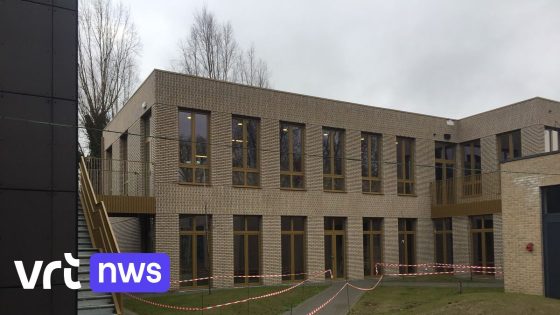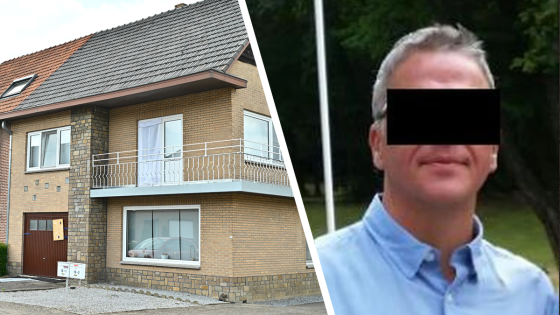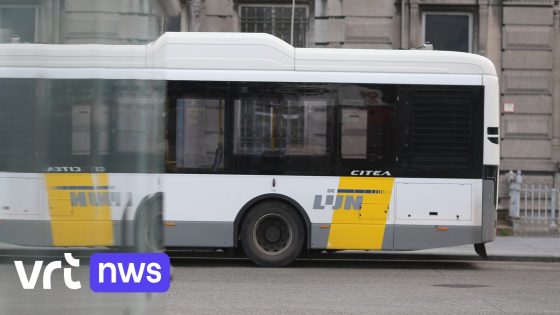The recent political developments in Brussels have sparked renewed debate over the future of the city’s government formation. The decision by Vooruit to pull out of coalition talks has left many, including PS member Casier, deeply disappointed. On 2025-06-16 16:23:00, this move effectively ended one of the last viable options to establish a left-leaning majority in Brussels.
- Casier criticizes Vooruit for blocking majority
- Vlaamse partijen repeatedly hinder Brussels government formation
- Vooruit ends negotiations over budget reform proposals
- MR urged to reconsider coalition stance
- Ecolo calls PS and MR to cooperate
- MR plans new budget note by Wednesday
Casier criticized Vooruit’s national leadership for prioritizing party interests over Brussels’ needs, accusing them of blocking progress repeatedly. With tensions rising between Flemish and Francophone parties, the question remains: can Brussels overcome these obstacles to form a stable government? And what does this mean for the city’s political future?
Why has Brussels’ government formation become so fraught? Casier’s remarks suggest deep-rooted challenges in balancing regional and party interests:
- Vooruit’s national leadership is seen as blocking left-wing coalitions despite local willingness to negotiate.
- Repeated interventions by Flemish parties have hindered coalition-building, often citing minority protections.
- Alternatives involving PS and MR are proposed but face their own political hurdles.
- Ecolo urges PS and MR to take responsibility and restart dialogue to break the deadlock.
Looking ahead, Brussels must find a way to bridge divides and foster cooperation among its diverse political actors. Will parties prioritize Brussels’ future over national or personal interests? The coming weeks will be decisive in shaping a stable, responsive government for Belgium’s capital.
































